
Who believes polls, right? Still, they do produce some thought provoking questions which we can explore further and test out here.
A recent ABC News/Ipsos poll asked US citizens about ‘the American Dream’. This was defined as “if you work hard you’ll get ahead” and so also applies to much of the Western world.
Let’s see what you the reader of this newsletter thinks.
The results of the IPSOS poll are not shocking to me because I can see the decline in prosperity all around. Wages have been stagnant for years, public services are diabolical, people’s health is deteriorating and many can’t even afford to buy somewhere to live.
Less than one third of Americans still thinks ‘the American Dream’ holds true. This has dropped from 50% only 14 years ago. And 14 years ago the world was still recovering from the Great Financial Crash, so it wasn’t exactly in the best place then.
18% thought ‘the American Dream’ never held true whilst 52% thought it once held true but no longer.
It gets even worse when you break it down by age.
Only 21% of 18-29 year olds think ‘the American Dream’ holds true, down from 56% in 2010. This rises slightly to 24% in 30-64 years olds and up to 41% for 65 pluses.
‘The American Dream’ was a meritocracy but this is slowly eroding away. Far too often citizens notice that working hard doesn’t necessarily reward them with the life they had envisaged for themselves and their families. They’re noticing that the people with easy access to capital and assets are the ones who are more likely to succeed. They’re noticing that nepotism and cronyism are thriving. And they’re noticing that when they do work hard, unless they are in a sector connected to the financial economy, what they earn is barely enough anymore.
This is evident from only 18% of people with household incomes less than $50,000 a year thinking that ‘the American Dream’ still holds true. Surprisingly, only 33% of those in $100,000+ households think the dream is still there, just over average.
You may think that these people just don’t work hard enough anymore or have rose-tinted glasses when looking back in time. But some recent graphs from the FT show how difficult it is to get on the housing ladder. And one of the key concepts of ‘the American Dream’ is to own your own house and provide for your family. If this is no longer achievable then no wonder so many think that dream has disappeared. It is no wonder that so few youngsters are having or wanting children, which is rapidly becoming a major demographic problem with serious economic consequences.
US house prices are now more expensive, relative to earnings, than at any time since records began. The average house price is now 8 times average earnings, up from the long term trend of 4 times.
The UK is even worse. At over 9 times average earnings, this is the worst it has been since 1876.
Which has resulted in more and more adults living at home with their parents.
40% of UK’s 18-34 year olds live with their parents, a 10% increase in 20 years. Even worse, only 20% live independently with their own children, a drop from 40% in the 1980s.
In the US, the number of youngsters living with parents isn’t quite as high yet (35%) but those living independently with children is close to 20%.
Whether or not you trust polls, you can see why there has been a decline in the idea of ‘the American Dream’. Fewer adults having children will have a massive impact on the economy and society and is beginning to do so already. Something needs to be done to reverse this decline in prosperity. ‘The American Dream’ needs to return or soon a new feudalism will take its place with the serfs living on the nouveau-nobility’s land, agreeing with whatever they are told.




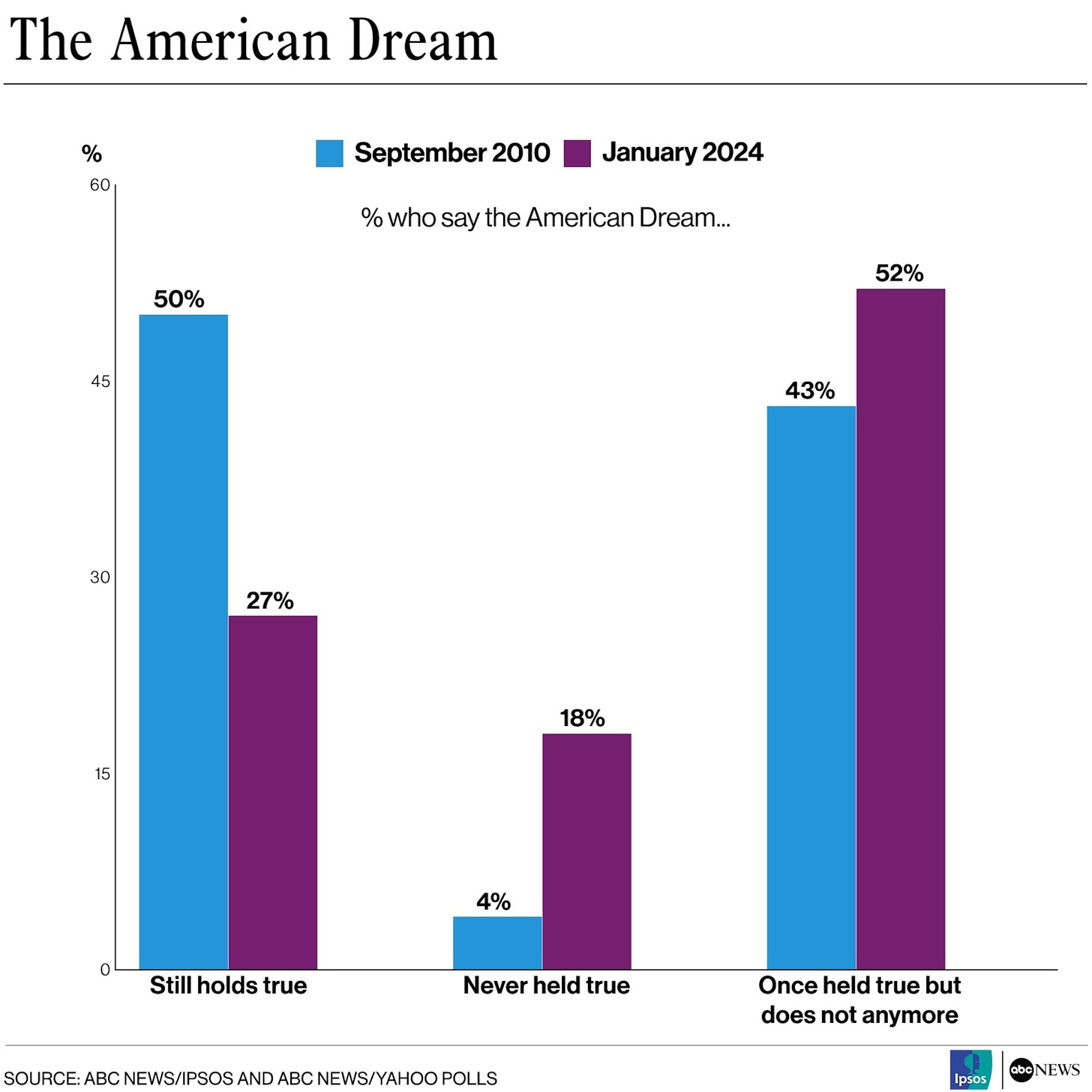
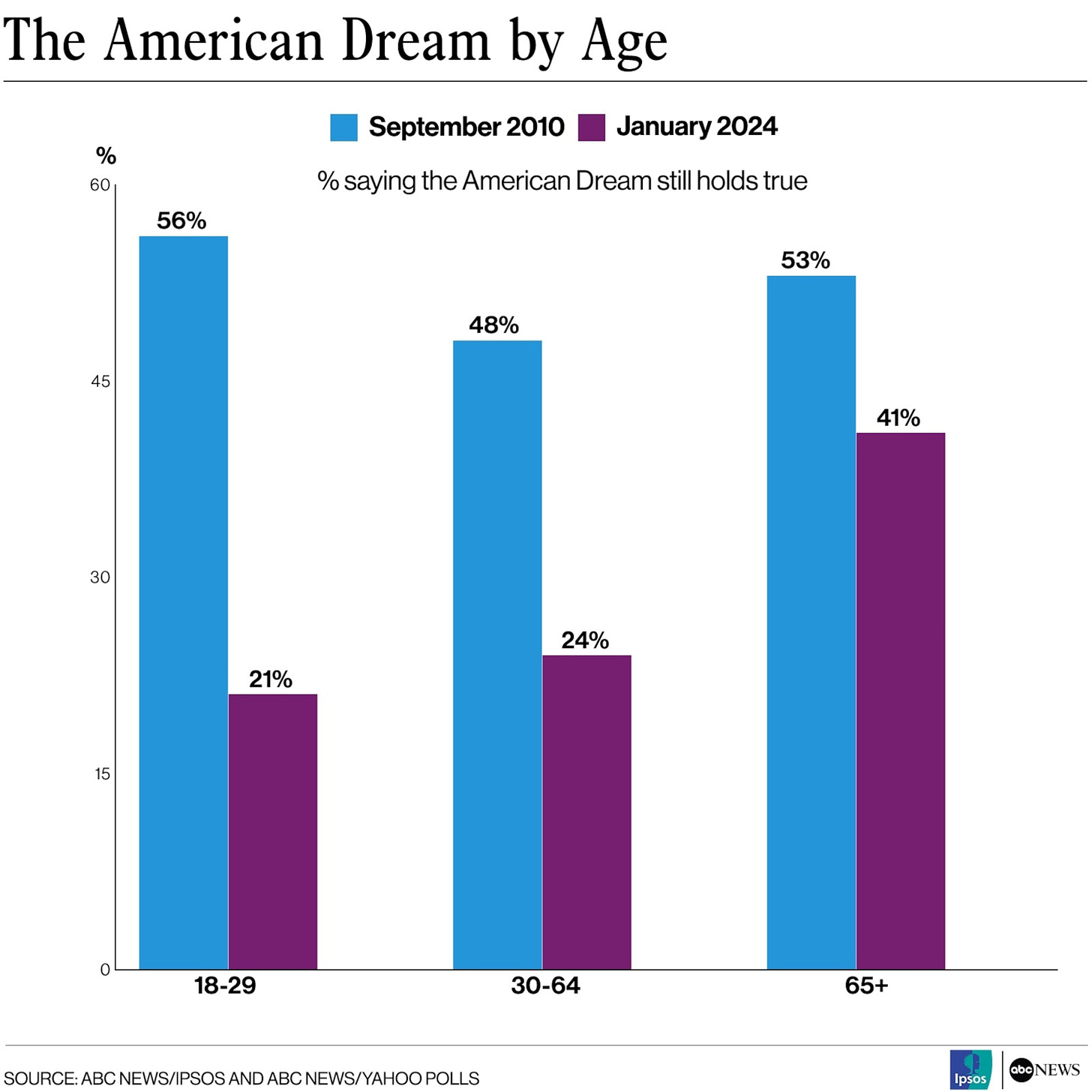
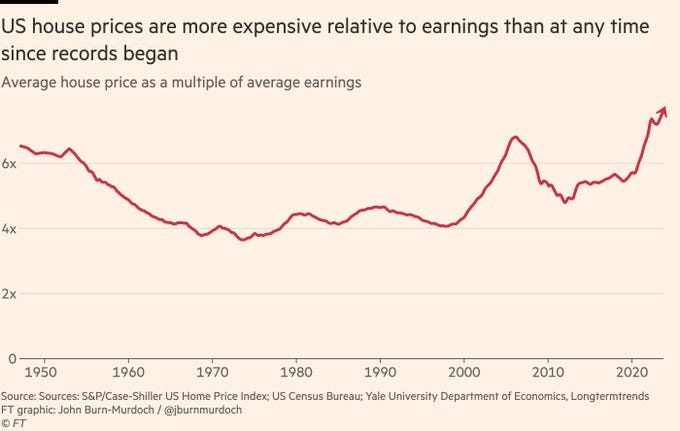
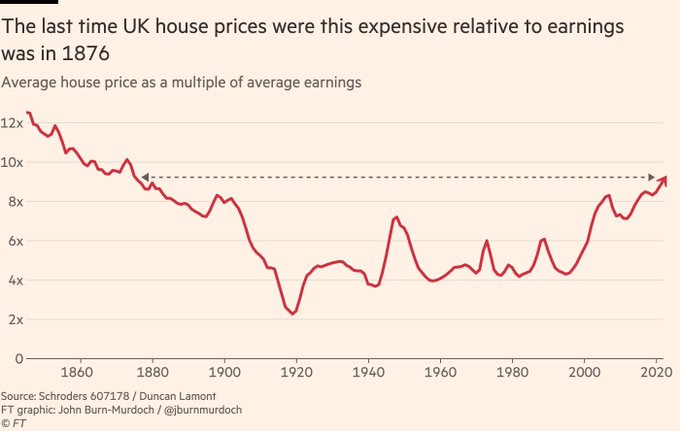
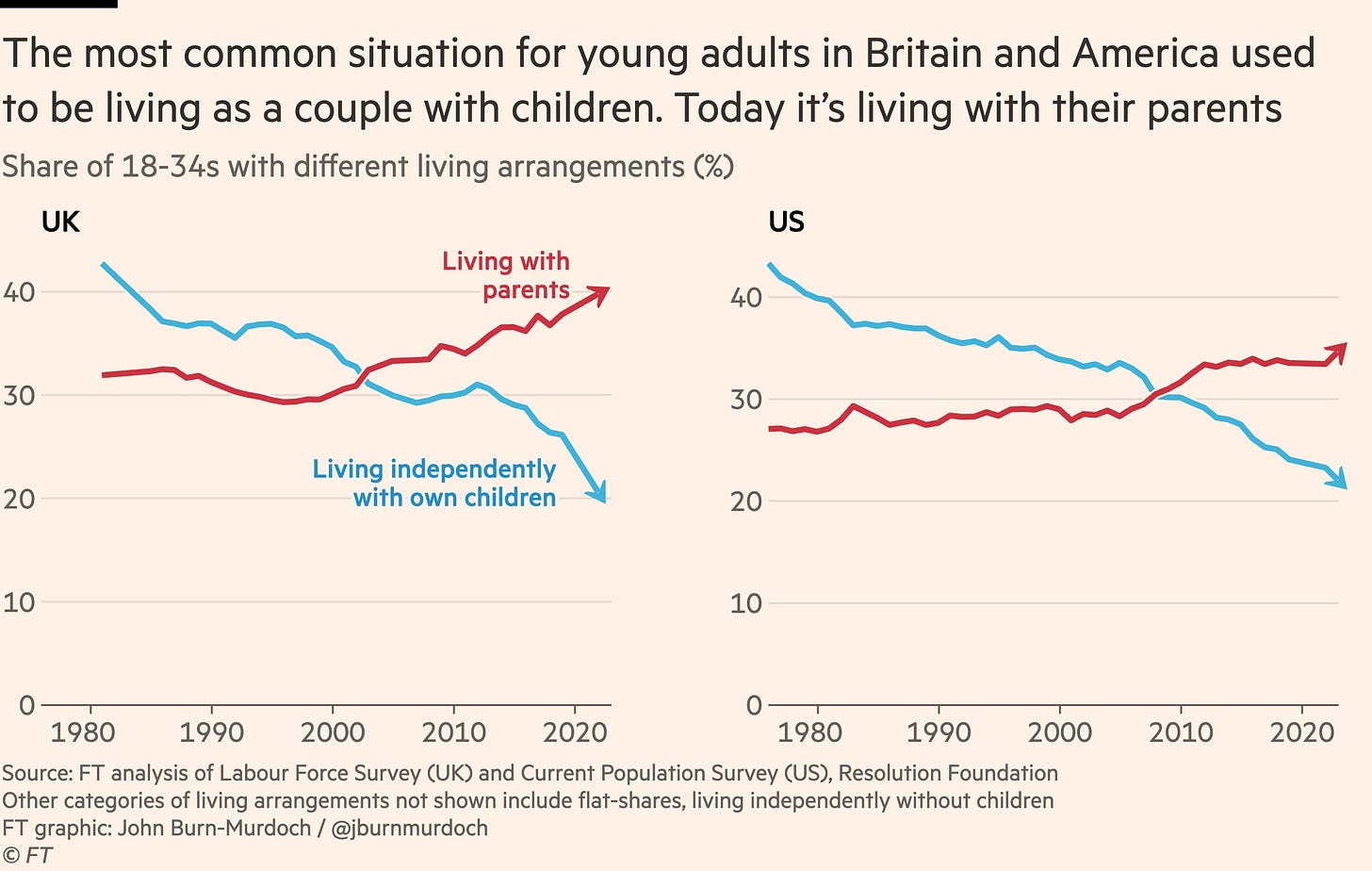










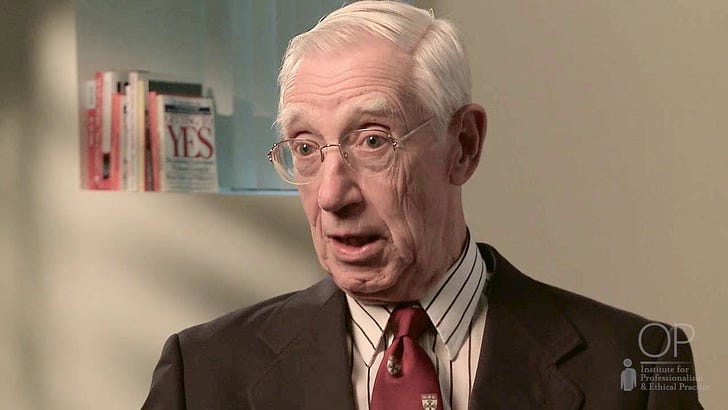
Kind of hard to maintain the dream as it morphs into a 3rd world country.
Welcome to Amerika.
The American dream has evolved. My parents took very few vacations and those we did take were usually camping or visiting family: very affordable. We occasionally went out to eat but mostly ate home-cooked meals which was the norm at that time. They differentiated between want vs. need and were pretty frugal in general. I am more like my parents, but my kids are more "live for the moment." I have never seen so much pay as you go, but for things that people do not need. We want more than we need.